– Stopping oil supplies is a clear threat to the functioning of Hungary's and Slovakia's energy markets and the security of their energy supply within the EU. Under the Treaty on European Union (EU), the European Commission (EC) is responsible for ensuring that the treaties and measures adopted by the institutions are applied. The EC has a legal obligation to act against certain threats to energy security, explained Mr. Zoltan Lomnici, the scientific director of the Budapest-based Szazadveg Foundation, in connection with the fact that the European parliamentary group of Hungary's ruling Fidesz-Christian Democrat (KDNP) party alliance has written a letter to the EC, requesting that it fulfill its obligation.
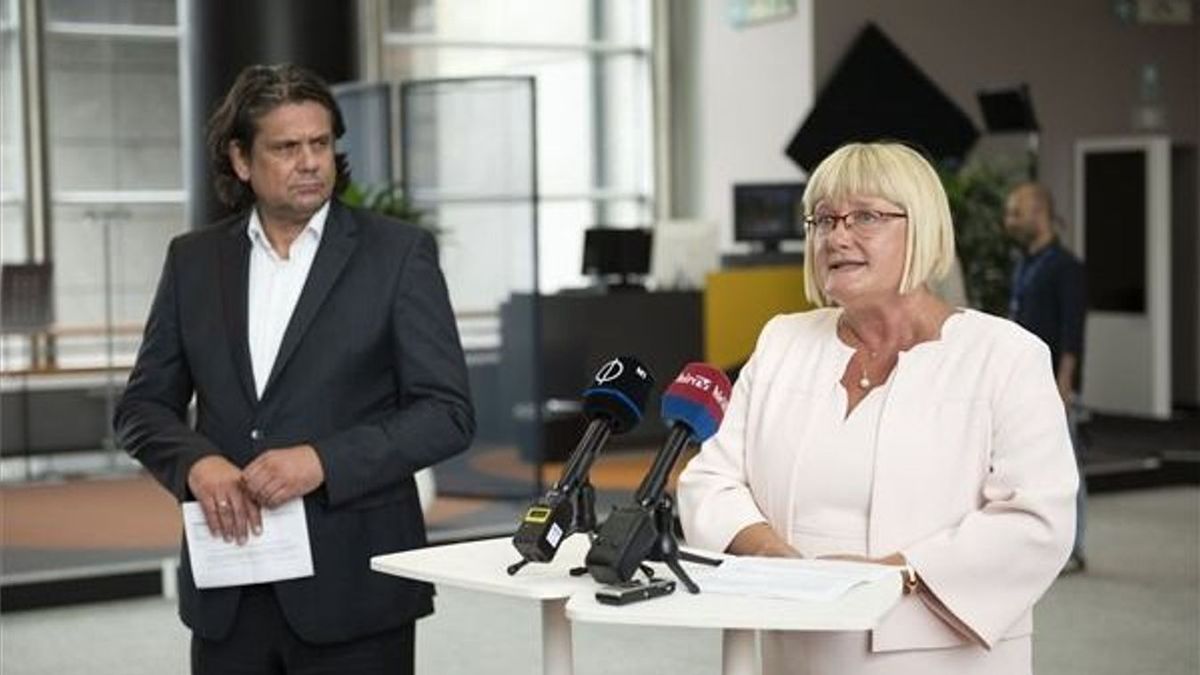
As reported by Magyar Nemzet earlier, MEP Tamas Deutsch, leader of the European parliamentary group of the Fidesz-KDNP alliance, and its chair Kinga Gal, have written to the European Commission (EC) calling on it to fulfil its obligations and take a stand against Ukrainian blackmail that threatens the energy security of EU member states. MEPs recalled that Ukraine's decision to stop the supply of Russian crude oil to Hungary and Slovakia is, according to official Ukrainian statements, aimed at forcing the two membersStates - Hungary and Slovakia - to change their pro-peace positions, and is therefore an admitted case of political blackmail. "We call on the European Commission to take the necessary steps without delay to ensure that Ukraine puts an end to its unacceptable and illegal measures which seriously threaten the energy security of EU member states," the two MEPs wrote, on behalf of the group.
Action against Ukraine's decision must be taken in Brussels
– Under EU Council decisions, the EU has concluded an Association Agreement with Ukraine, which entered into force in 2017. The agreement includes economic and sectoral cooperation, including energy. As the agreement was concluded on behalf of the EU, its enforcement can - and should - be enforced by Brussels," the constitutional lawyer said. According to the Treaty on the Functioning of the EU, the objectives of the EU's energy policy are
- to ensure the functioning of the energy market,
- to guarantee the security of energy supply within the EU,
- energy efficiency and energy saving,
- to promote the development of new and renewable energy sources,
- and to promote the interconnection of energy networks.
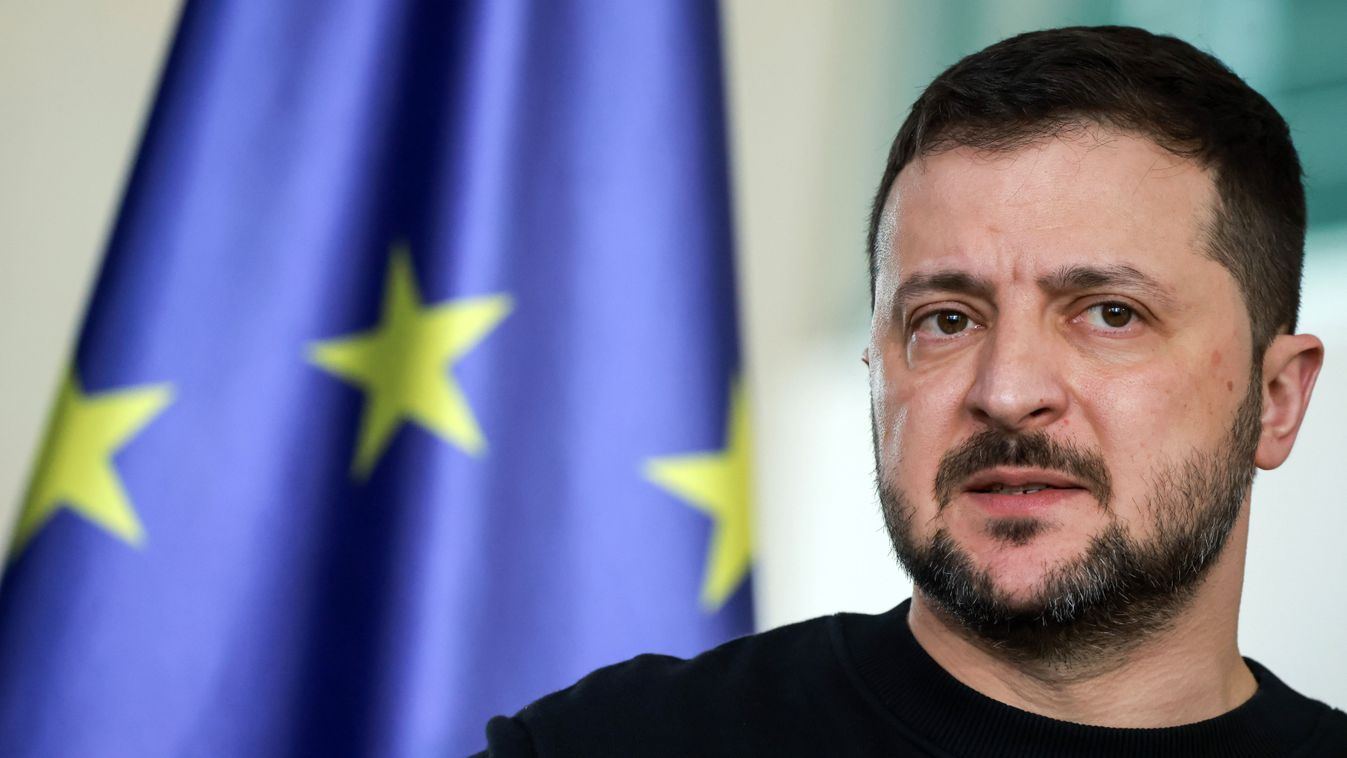


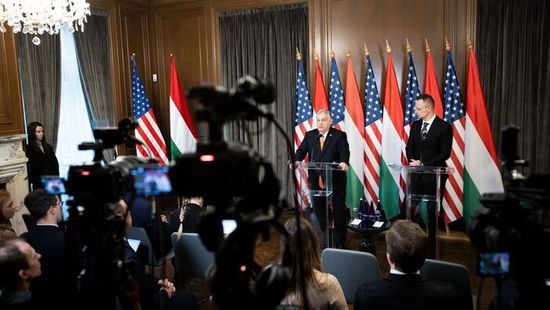


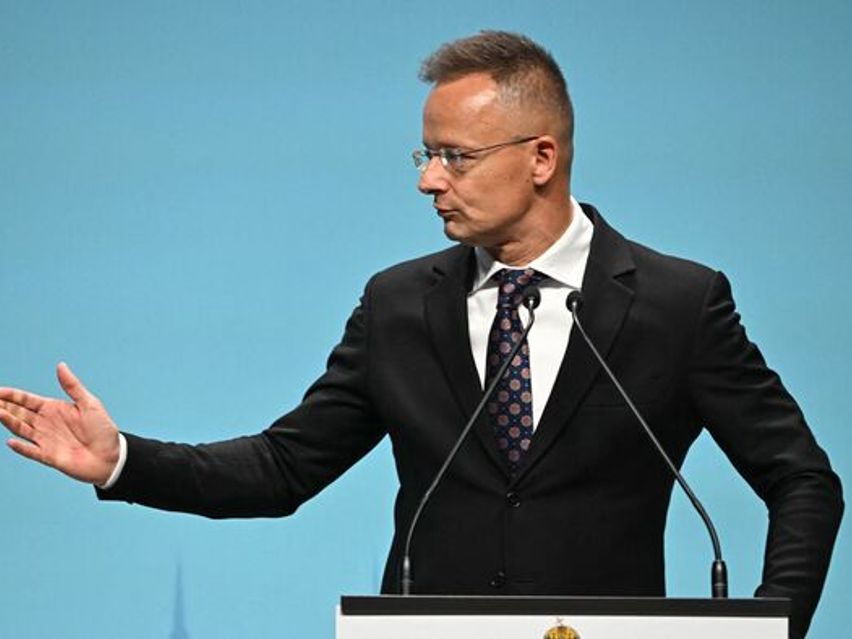
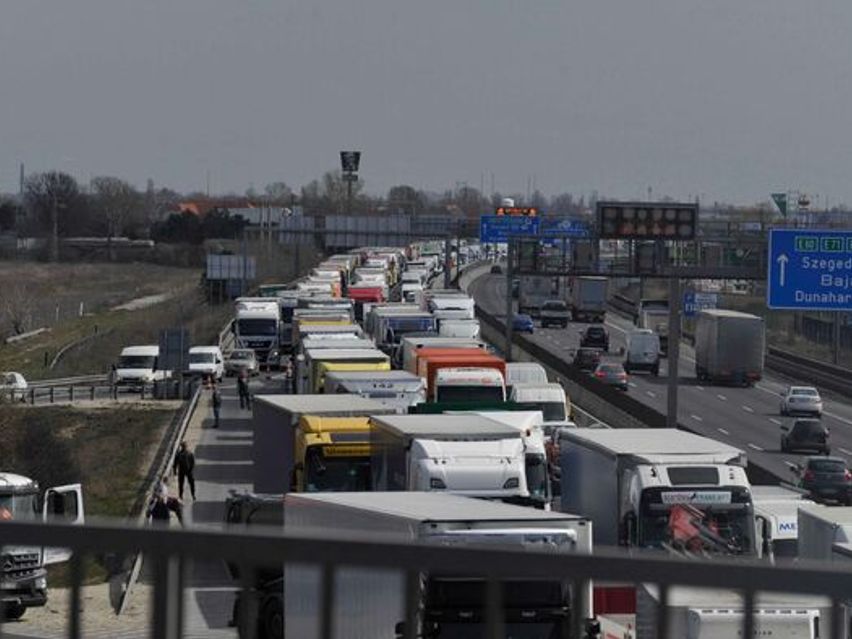
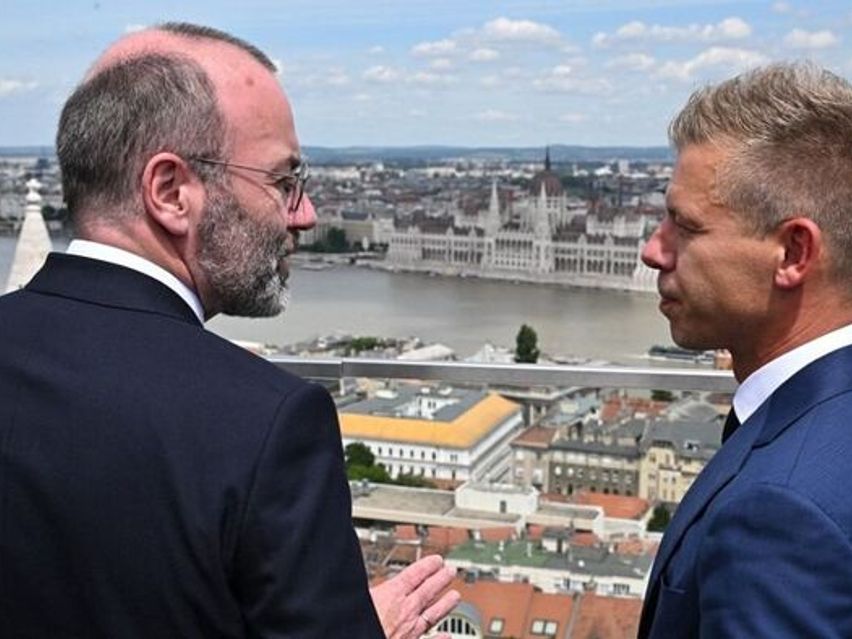
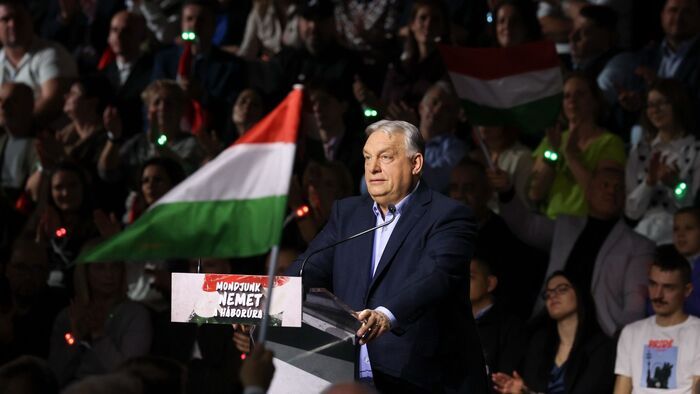

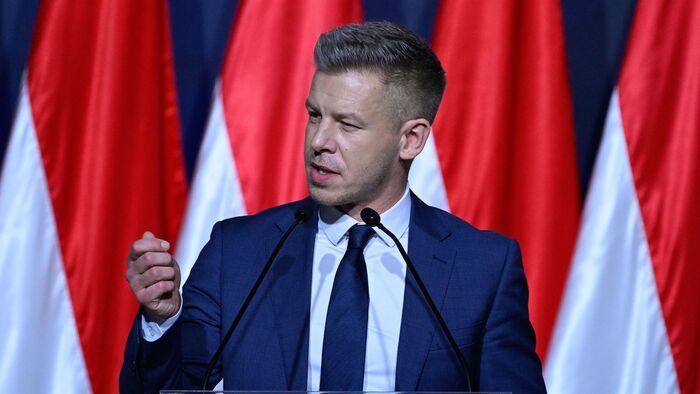

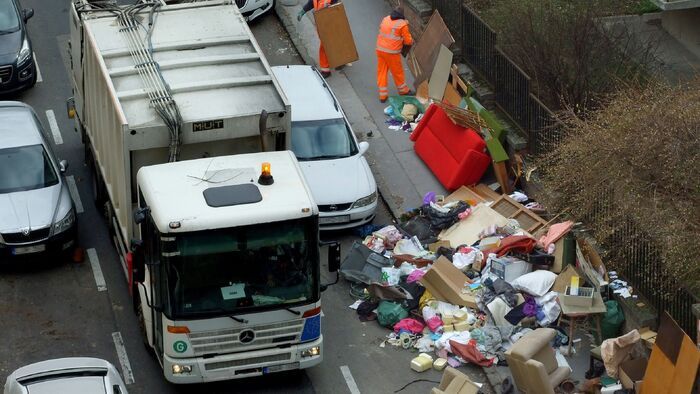
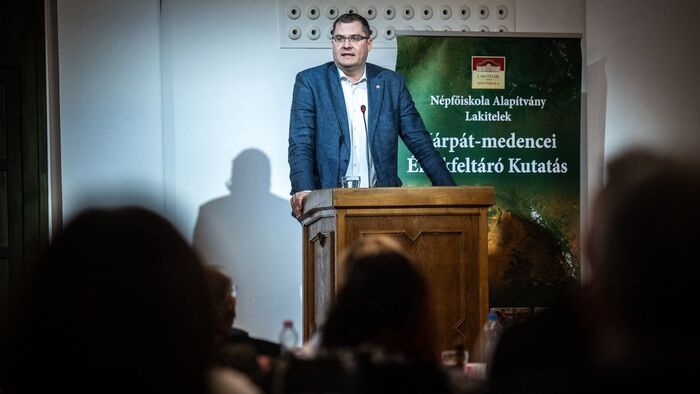

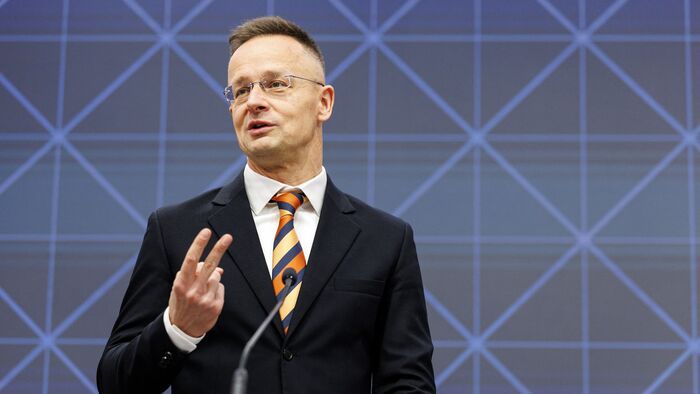






Szóljon hozzá!
Jelenleg csak a hozzászólások egy kis részét látja. Hozzászóláshoz és a további kommentek megtekintéséhez lépjen be, vagy regisztráljon!